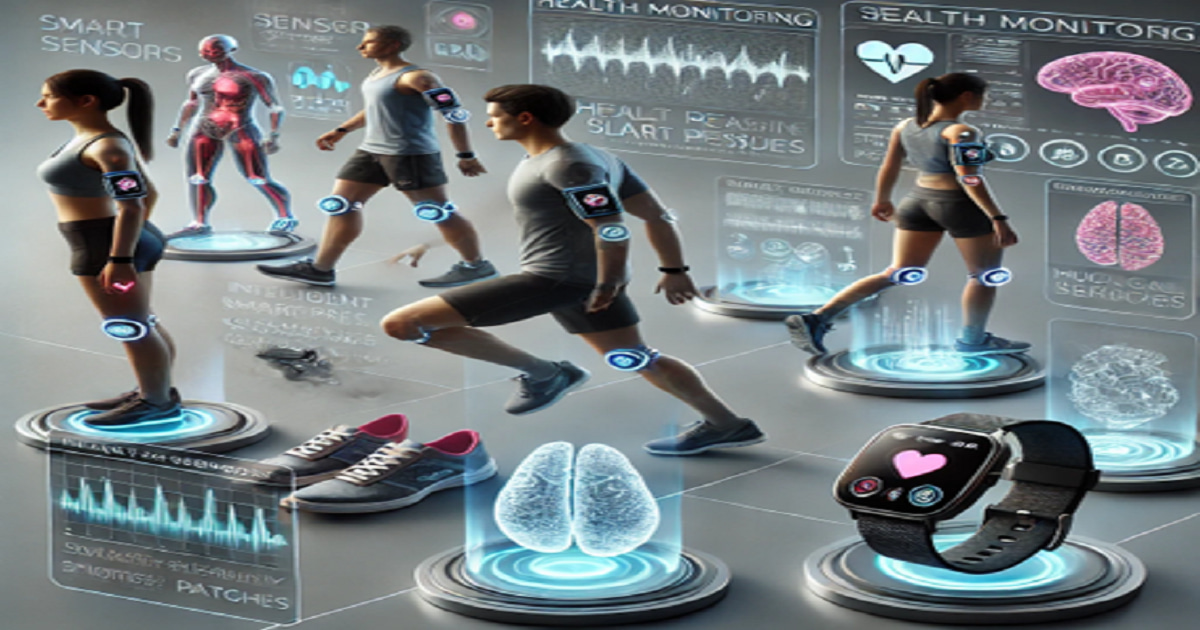Data Science for Human Health Monitoring with Smart Sensors
A special issue of Applied Sciences (ISSN 2076-3417). This special issue belongs to the section "Computing and Artificial Intelligence".
Deadline for manuscript submissions: 20 July 2025 | Viewed by 1418

Special Issue Editors
Interests: databases; data mining; data science; big data
Special Issue Information
Dear Colleagues,
Thanks to the wide popularity of smart sensors, at present, large datasets from health monitoring systems are available; these devices, such as wearable and hydrogel sensors, allow us to track multiple vital and behavioral parameters of the human body, demonstrating their pertinence to preventive medicine. Smart sensors combined with data science techniques, e.g., machine learning and deep learning, completely automate health monitoring systems. For instance, deep learning is used to develop a smart insole system for foot care applications. Likewise, intelligent wearables utilize machine learning algorithms in processing big data and discovering precise knowledge in domains like health, cognition and sports.
This Special Issue on “Data Science for Human Health Monitoring with Smart Sensors” welcomes submissions related to data science techniques, machine learning, deep learning and other technologies applied to integrate, process, store, query, analyze, and visualize smart sensor data from human health monitoring systems.
Relevant topics include, but are not limited to, the following:
- Data analytics for human health:
- Data warehousing;
- Data lakes;
- Data Lakehouse;
- Online analytics processing
- ETL (extraction, transformation, and load) or ELT (extraction, load, and transformation) process design.
- Data mining and health monitoring systems.
- IA and human health.
- Machine learning;
- Deep learning;
- Natural language processing;
- Big data and human health applications
- Storage;
- Processing;
- Analytics;
- Visualization.
Prof. Dr. Lisbeth Rodríguez Mazahua
Prof. Dr. Asdrúbal López Chau
Guest Editors
Manuscript Submission Information
Manuscripts should be submitted online at www.mdpi.com by registering and logging in to this website. Once you are registered, click here to go to the submission form. Manuscripts can be submitted until the deadline. All submissions that pass pre-check are peer-reviewed. Accepted papers will be published continuously in the journal (as soon as accepted) and will be listed together on the special issue website. Research articles, review articles as well as short communications are invited. For planned papers, a title and short abstract (about 100 words) can be sent to the Editorial Office for announcement on this website.
Submitted manuscripts should not have been published previously, nor be under consideration for publication elsewhere (except conference proceedings papers). All manuscripts are thoroughly refereed through a single-blind peer-review process. A guide for authors and other relevant information for submission of manuscripts is available on the Instructions for Authors page. Applied Sciences is an international peer-reviewed open access semimonthly journal published by MDPI.
Please visit the Instructions for Authors page before submitting a manuscript. The Article Processing Charge (APC) for publication in this open access journal is 2400 CHF (Swiss Francs). Submitted papers should be well formatted and use good English. Authors may use MDPI's English editing service prior to publication or during author revisions.
Keywords
- big data
- deep learning
- machine learning
- data science
- smart sensors
- wearable sensors
- human health monitoring
Benefits of Publishing in a Special Issue
- Ease of navigation: Grouping papers by topic helps scholars navigate broad scope journals more efficiently.
- Greater discoverability: Special Issues support the reach and impact of scientific research. Articles in Special Issues are more discoverable and cited more frequently.
- Expansion of research network: Special Issues facilitate connections among authors, fostering scientific collaborations.
- External promotion: Articles in Special Issues are often promoted through the journal's social media, increasing their visibility.
- e-Book format: Special Issues with more than 10 articles can be published as dedicated e-books, ensuring wide and rapid dissemination.
Further information on MDPI's Special Issue policies can be found here.





